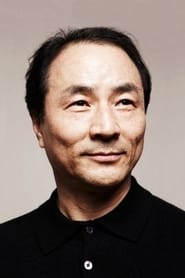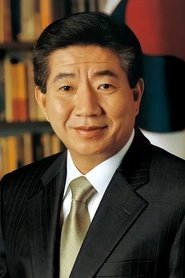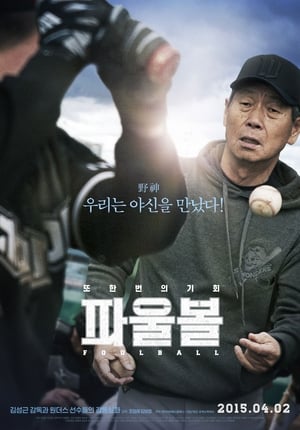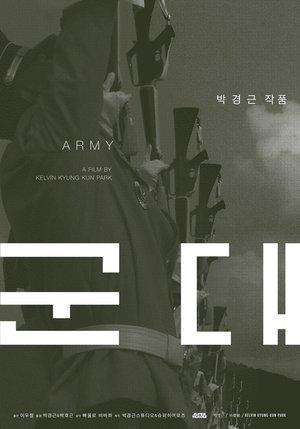
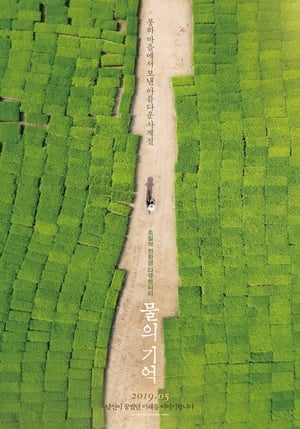
The Memory of Water(2019)
The secretive rules of nature spread out to be extraordinary beauty. Water is a lifeform that remembers and reflects everything. Following the nature of this water and the mysterious record of the ecosystem leads to the wonderful four seaons of the Bongha Village and the late Roh Moo-hyun's ambitious visions. What is the future he dreamt of back in his home, carrying out biological agricultural technology?

Movie: The Memory of Water
Top 3 Billed Cast

물의 기억
HomePage
Overview
The secretive rules of nature spread out to be extraordinary beauty. Water is a lifeform that remembers and reflects everything. Following the nature of this water and the mysterious record of the ecosystem leads to the wonderful four seaons of the Bongha Village and the late Roh Moo-hyun's ambitious visions. What is the future he dreamt of back in his home, carrying out biological agricultural technology?
Release Date
2019-05-15
Average
0
Rating:
0.0 startsTagline
Genres
Languages:
한국어/조선말
Similar Movies
 6.7
6.7Full Metal Village(de)
The film describes the microcosmos of the small village Wacken and shows the clash of the cultures, before and during the biggest heavy metal festival in Europe.
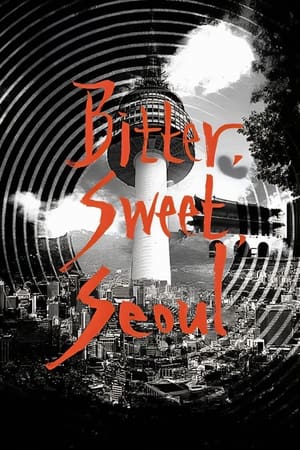 7.0
7.0Bitter, Sweet, Seoul(ko)
Over 98 days from August 20th to November 25th 2013, 2821 people from around the world sent 11,852 video featuring many different faces of Seoul. 154 were selected, edited, and made into a movie.
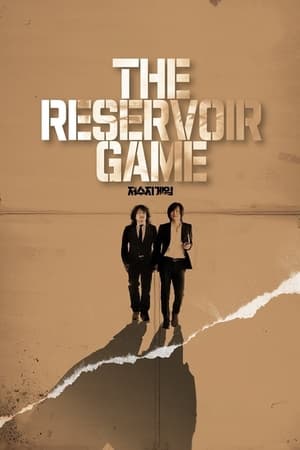 7.4
7.4The Reservoir Game(ko)
An investigative reporter seeks to expose the whereabouts of a slush fund belonging to the former president of South Korea, Lee Myung-bak.
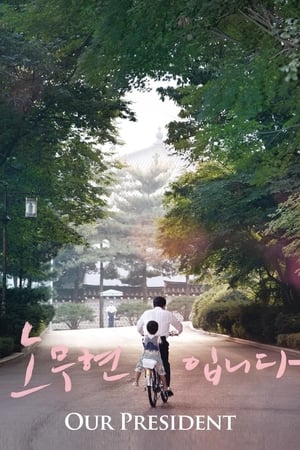 8.2
8.2Our President(ko)
In South Korea, 2002, the Democratic Party put the presidential nomination to a plebiscite for the first time. Amongst numerous candidates, the one who brought about the most unexpected result was a fringe candidate named Roh Moo-hyun.
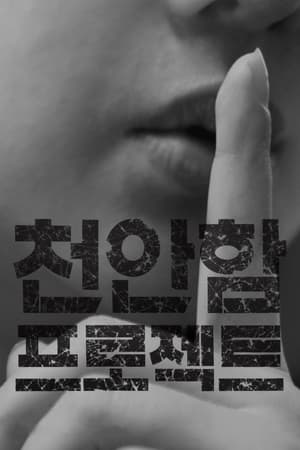 7.0
7.0Project Cheonan Ship(ko)
Interpreting an event of ROKS Cheonan corvette, torpedoed and sunken by North Korea, this documentary rebuilds the event with a different insight. No one can tell if the investigation of Cheonan has reached compelling conclusion. But the film tells and reveals how unreasonable Korean society is.
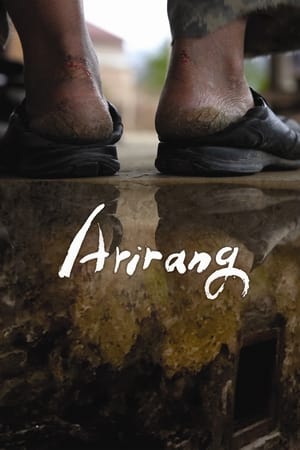 6.4
6.4Arirang(ko)
Documentary on director Kim Ki-Duk looking back at his film career.
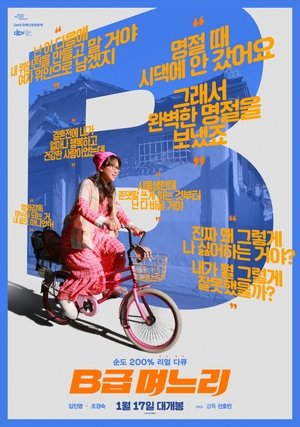 7.3
7.3Myeoneuri: My Son's Crazy Wife(ko)
In our 3-year marriage, we have fought on every holiday, on parents' birthdays, during ancestral rituals, and even on Christmas. We argue all the time. The tension between my wife and my mother is killing me.
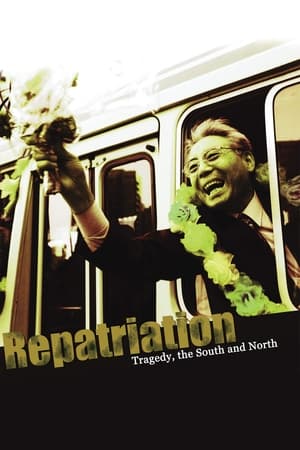 6.4
6.4Repatriation(ko)
In 1992, political prisoners from North Korea settled in the South Korean town where filmmaker Dong-won Kim lived. Sent to South Korea as spies during the war, they spent 30 years in jail. How did they endure the many years of torture? What will become of them now that they have been released? Twelve years in the making, Repatriation is a very personal view of a country divided by an ongoing cold war.
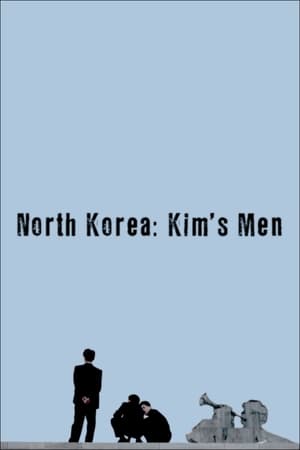 7.1
7.1North Korea: All the Dictator's Men(fr)
North Korea has nuclear weapons. How did it manage to get them quietly? Donald Trump is under the impression that as US president he could convince Kim Jong-un, the North Korean leader, to disarm his nuclear weapons and make peace with South Korea. But how was it possible that one of the poorest countries in the world could acquire the knowledge to produce nuclear-tipped rockets?
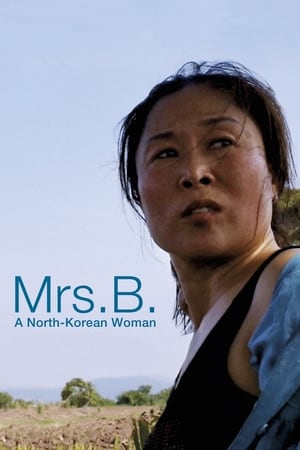 6.1
6.1Mrs. B., a North Korean Woman(ko)
Portrait of Mrs. B., a tough charismatic North Korean woman who smuggles between North Korea, China and South Korea. With the money she gets, she plans to reunite with her two North Korean sons after years of separation.
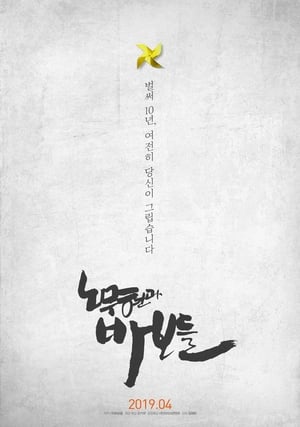 8.0
8.0Roh Moo-hyun and the Fools(ko)
10 years from them to now, people who miss the late president Roh Moo-hyun tell their stories.
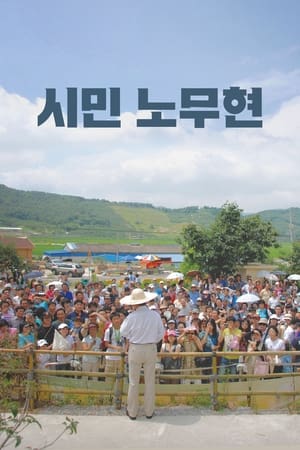 10.0
10.0Citizen Roh(ko)
In 2008, late President Roh Moo-hyun returned to his hometown Bongha village after his retirement and was joined by supporters as he recreated his hometown and began to clean up the Bonghae Mountain, cultivating Bongha Mountain, and cultivating environmentally friendly rice.
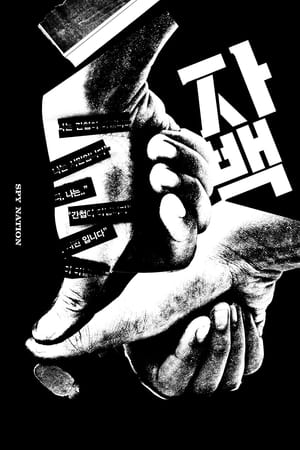 8.8
8.8Spy Nation(ko)
YU Wooseong who had been working as a civil servant is on trial for espionage following his sibling’s confession. A reporter who has been laid off begins following the traces of a spy story manipulated by a government agency. The clues lead to a confession and false evidence that society and the press have turned their back on.
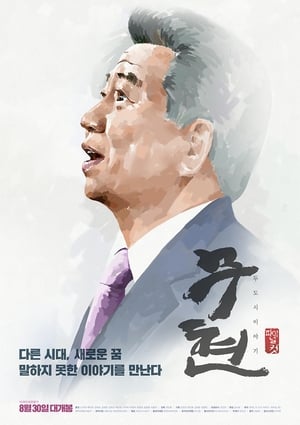 7.5
7.5Moo-hyun, Tale of Two Cities(ko)
Stories about the late President ROH Moo-hyun and BAEK Moo-yun - a man who once lost a congressional election - are intersecting and touching each other. This documentary tells a story about two men that dreamed about living in a country where the people come first.
 0.0
0.0Nora Noh(ko)
Nora Noh, the best fashion designer, who dominated the scene of Korean women’s fashion and culture of the time. She was the first person ever to hold a fashion show in Korea and to make designer readymade clothes. She boldly dressed the Korean singer Yoon Bok-hee in a miniskirt and styled the duo vocal group Pearl Sisters in pantallong (flare-style pants). One day, when Noh was preparing for her show, a young stylist named Suh Eun-young comes to see her out of the blue. What kind of show will the two of them create amidst their differences and conflicts?
The Nine Lives of Korean Cinema(fr)
South Korean cinema is in the throes of a creative explosion where mavericks are encouraged and masters are venerated. But from where has this phenomenon emerged? What is the culture that has yielded this range of filmmakers? With The Nine Lives of Korean Cinema, French critic, writer and documentarian Hubert Niogret provides a broad overview but, nevertheless, an excellent entry point into this unique type of national cinema that still remains a mystery for many people. The product of a troubled social and political history, Korean cinema sports an identity that is unique in much modern film. Niogret's documentary tells of the country's cinematic history - the ups along with the downs - and gives further voice to the artists striving to express their concerns, fears and aspirations.
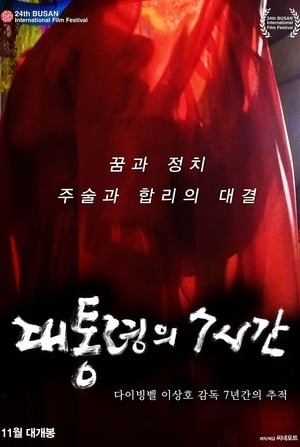 9.0
9.0President′s 7 Hours(ko)
The film traces PARK Geun-hye's life back to the 1970s, when the leader-follower relationship began between PARK, who became the first lady of the Yushin regime, and CHOI Taemin, the leader of a pseudo-religion. It then examines the Sewol ferry incident, CHOI Soonsil Gate, candlelight rallies, and finally the impeachment.
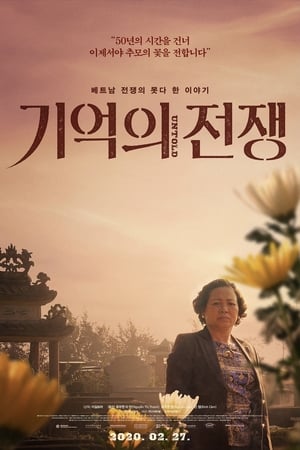 10.0
10.0A War of Memories(ko)
Recording Nguyen Thi Thanh, the only survivor of Phong Nhi Phong Nhat massacre, where civilians were killed during the Vietnam War. Having lost all of her family at the age of eight and survived by herself, she is an open witness to the massacre of Vietnamese civilians and demands an official apology from the Korean government.
